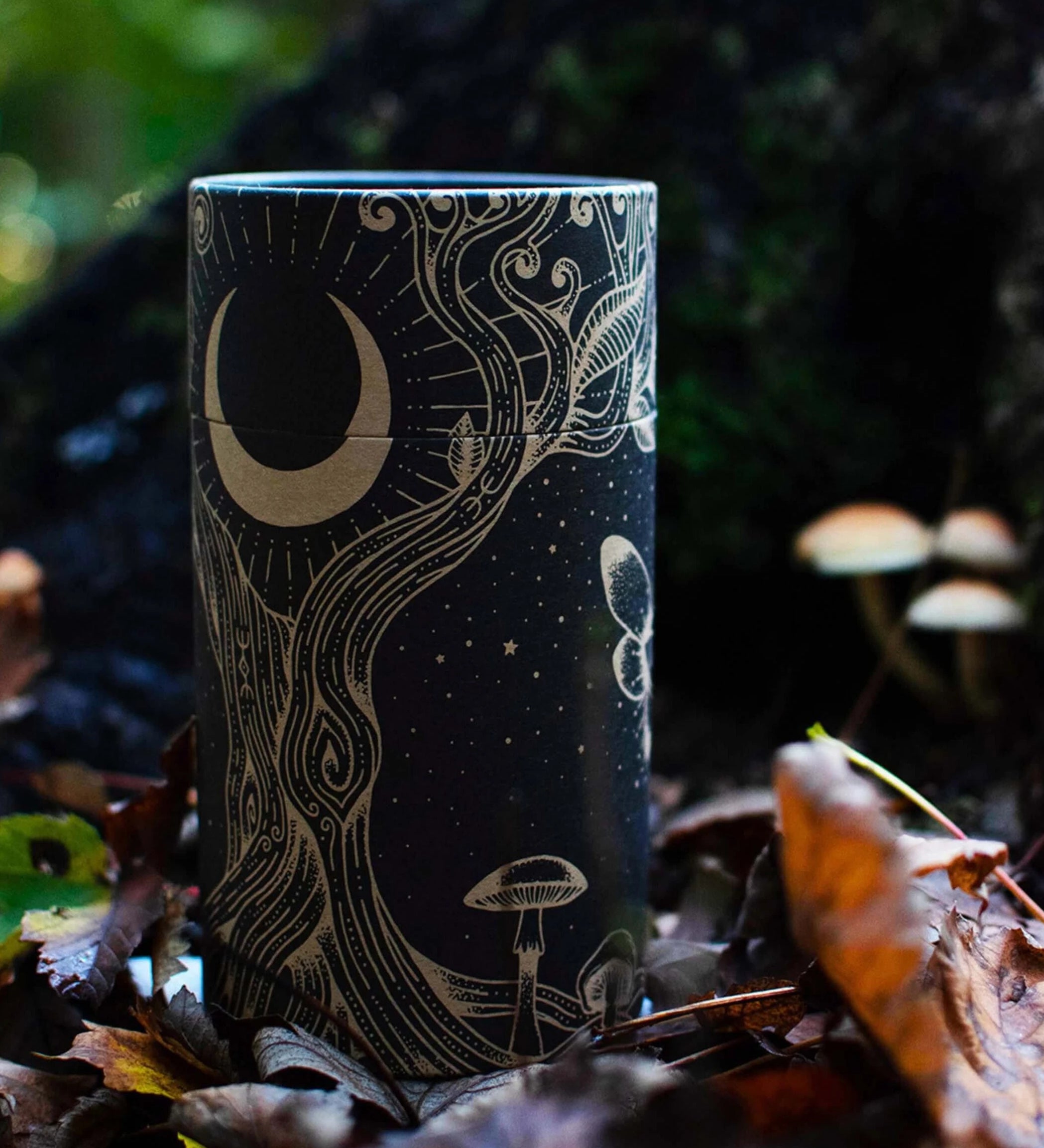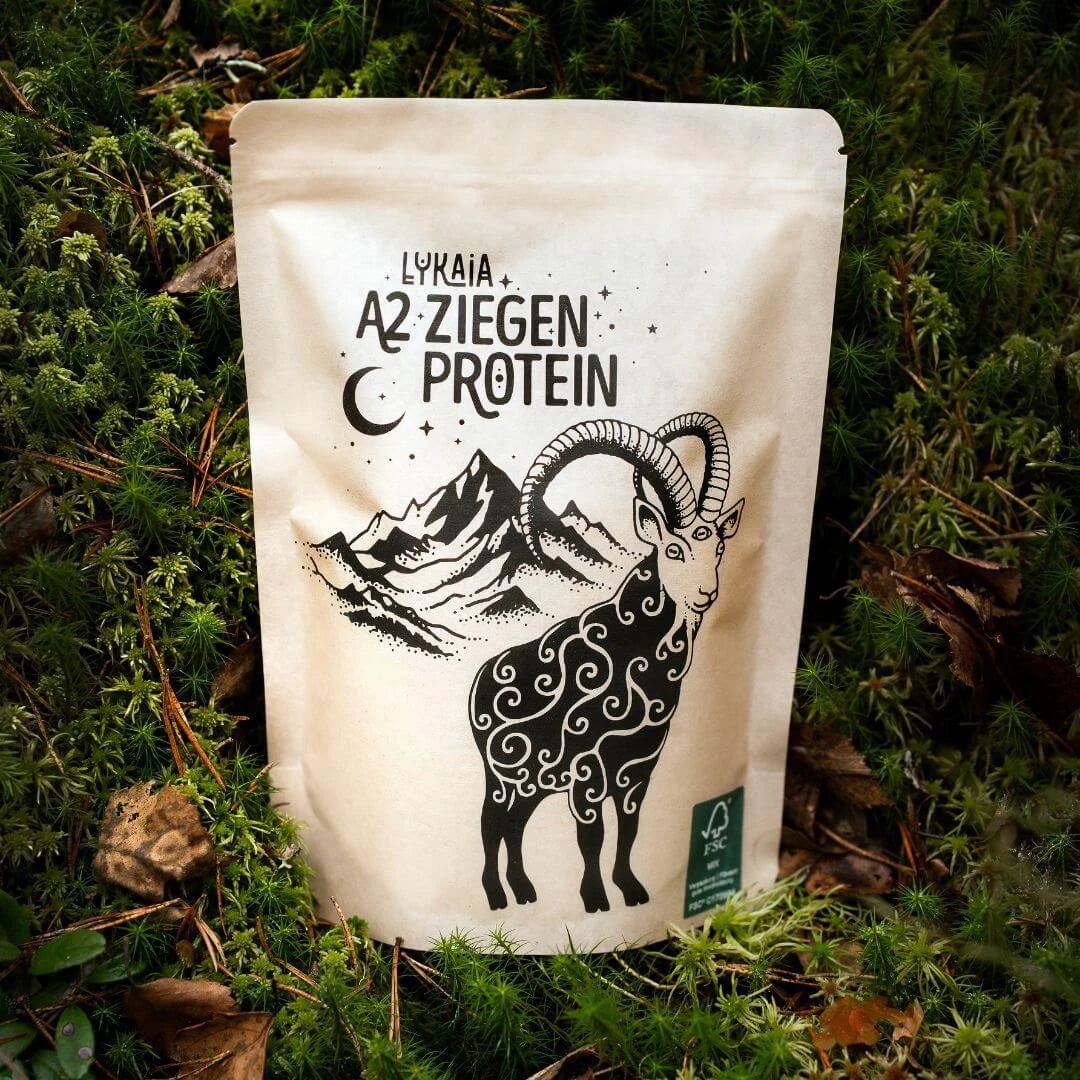Does “Detox” really work?

Detox teas, juice cleanses and meal replacements - Detox diets or “detoxification cures” are more popular than ever; they are intended to cleanse the blood and remove harmful toxins from the body. They command a billion-dollar market in the global health sector, although it is still not entirely clear how detox diets work, what specific compounds they eliminate, and whether they even work.
We have put together a detailed overview of detox diets and their health effects. We only refer to effects that have actually been proven by studies.
What is detox anyway?
Detox or detox diets are typically short-term dietary interventions aimed at removing toxins from the body. For example, a typical detox diet includes fasting, or a strict diet consisting of fruits, vegetables, fruit juices and water. Sometimes herbs and teas or dietary supplements are also added that promise intestinal cleansing or “detoxification”. Typical promises of detox diets and detox products can include:
- Recovery of the intestines and liver through fasting
- Stimulating the body to eliminate toxins
- Improve metabolism and circulation
- Weight loss and elimination of “built-up” cellular waste
- Supplying the body with healthy nutrients
Detoxification therapies are typically recommended when one may have been exposed to toxic chemicals in the environment or diet. These include pollutants, synthetic chemicals, heavy metals and other harmful compounds. These diets are also claimed to help with various health problems such as obesity, digestive problems, autoimmune diseases, inflammation, allergies and chronic fatigue. [1]
However, there are few studies on detoxification diets in humans, and the few studies that do exist have significant deficiencies [ 2 , 3 ]. Some people report feeling more focused and energized during and after a detox diet. However, this improved well-being can also simply be a result of eliminating processed foods, alcohol, and other unhealthy substances from the diet. It is possible that the body simply receives exactly the vitamins and minerals that it was previously missing.
SUMMARY
Detox cures are (short-term) measures aimed at removing toxins from the body. They are claimed to help with various health problems.
The most common detox promises - science or sales pitch?
From total starvation through fasting for several weeks to a raw food and liquid diet, everything is included. Here are the 5 most common detox promises and what we think they deliver:

The juice diet - As with all extreme diets, the juice diet is difficult to maintain in the long term. By the second day you'll be longing for something bite-proof between your teeth, and rightly so. After all, your intestines want something to do and have to work for their nutrients. By pureeing your food ahead of time, you are doing a lot of work for it and you probably won't feel the same satiety that you would if you chewed the apple unpureed. Instead, try to alternate between liquid and solid food and keep your intestinal microbiome busy with a few larger plant parts.
The cabbage soup diet - cabbage is healthy, but does it have to be just cabbage? Even the gastrointestinal tract of a gorilla would have to contend with this. In addition, other types of fruit and vegetables are no less healthy. So please don't get confused and only eat cabbage.
Fasting - Several detox diets recommend fasting or strict calorie restriction. Short-term fasting and calorie restriction can actually be very beneficial for regulating blood sugar and supporting autophagy. Long-term fasting, on the other hand, can even lead to energy, vitamin and mineral deficiencies as well as electrolyte imbalances. [ 4 , 5 ] So here too: please don't exaggerate, but rather see what makes sense for your individual case.
Detox tea - Detox tea is usually nothing more than herbal tea and is therefore a great supplement, but does not replace the basic foods. And above all, detox teas don't have to be expensive. No matter what is in it, most dehydrating herbs such as green oats or nettle can even be picked yourself or purchased at a health food store. If you like drinking tea, you can integrate this ritual into your everyday life. We should do more with wild herbs anyway - we think.
SUMMARY
There are many types of detox treatments. They are almost always associated with fasting, eating certain foods, avoiding harmful ingredients and/or taking nutritional supplements and are very extreme.
What's the problem with toxins?
In detox diets, it is rarely specified which toxin should be removed, how much, over what period of time and, above all, by which mechanism. Anyone who has ever taken the first semester of a medical course will know why relatively quickly. The human body is so complex that we cannot say exactly what is eliminated from what and certainly not how much and over what period of time. Almost all organs are involved in the excretion and metabolism of substances. Therefore, a statement like “with this tea you will eliminate 60% of your arsenic poisoning within 2 weeks” is simply untenable. In addition, the body is able to cleanse itself through the liver, feces and sweat (otherwise we would already be a walking, smelly waste disposal container). Our liver's job is to render toxic substances harmless and ensure that they are excreted from the body. [ 6 , 7 , 8 , 9 ]
So no detox is actually necessary because the body runs the basic detox program anyway?
Yes and no. Despite permanent “detoxification” or let’s say “excretion of unwanted or disproportionate substances”, there are still some substances that cannot be easily removed by these mechanisms. These include, for example, persistent organic pollutants such as phthalates, bisphenol A (BPA) and heavy metals such as arsenic or mercury. These are substances with which we have been increasingly confronted, especially over the last few decades, due to our rapid social and economic progress. Unfortunately, our body has not kept up with its detoxification program as quickly as we have with the production of plastic and mercury fumes. As a result, eating contaminated foods can actually lead to an accumulation of such toxins in fatty tissue and blood. [ 12 , 13 , 14 ]
It can take up to years for the body to eliminate them [ 15 , 16 ]. These compounds are now being removed from commercial products or are only used to a limited extent [ 17 ]. Nevertheless, a certain amount of environmental pollution with these substances has built up over the past few years.
SUMMARY
Detox diets rarely identify the specific toxins they claim to eliminate. In most cases, evidence of the necessary mechanism is completely missing. The body can eliminate most toxins through the liver, feces and sweat. However, a few toxins have accumulated over the last few years, especially in the oceans, and can actually accumulate in fatty tissue and blood due to poor lifestyle and diet.
How effective are the detox measures?
It doesn't have to be an expensive detox tea or a restrictive juice regimen for several weeks. The most important thing is that you can help your body sort between good and bad nutrients in the long term. Many people often want some kind of reset button after a vacation or after an event-filled weekend where they went overboard. If this helps you with your thinking and your well-being, then take advantage of it and start making better decisions from now on and seek nutrients instead of starvation.

Here are our 5 tips for you that you can immediately integrate into your everyday life:
- Buy organic fruits and vegetables that you eat with the peel on, and buy meat and dairy products that are at least from a better husbandry system.
- Avoid heavily contaminated fish species such as tuna and tilapia.
- Try to store less in aluminum foil and plastic and instead use wooden, glass and stainless steel containers .
- Choose cleaning products that say they are environmentally friendly . If you protect the environment, you usually also protect your body, which is, after all, part of the environment.
- Use creams and body care made from natural cosmetics. Choose curd soap or at least soap that does not contain microplastics .
What can you eat to support your body in the long term?
Chlorella - is a seaweed that contains many nutrients including vitamins, minerals, antioxidants and omega-3 fatty acids. In animals, algae, including chlorella, have been found to attenuate heavy metal toxicity to the liver, brain, and kidneys [ 18 ]. Additionally, chlorella has been shown to help reduce the absorption of harmful chemicals sometimes found in foods. One of these is dioxin, a hormone disruptor that can contaminate animals in the food supply [ 19 , 20 ]. When choosing your chlorella supplements, make sure that they are laboratory tested so that they are not already contaminated with heavy metals before they can even remove heavy metals from you. In addition, the cell walls should be “broken” so that it can be optimally absorbed.
Chaga - Chaga is a mushroom that grows primarily on birch trees in cold climates. It has a similar appearance to burnt charcoal and has been harvested as a traditional remedy for centuries. For example, in a study on mice , chaga extract reduced inflammation and intestinal damage by inhibiting inflammatory cytokines. The healthier your intestines are, the fewer pollutants they allow. Chaga is therefore our remedy of choice when it comes to caring for the intestines. [ 21 ]

Ginger - In order to prevent toxins from accumulating, it makes sense to break down excess fat cells, because this is where toxins are primarily stored. A 2019 functional food literature review concluded that ginger has a very positive effect on obesity and weight loss. A reduction in body weight was consistently seen in rats and mice that consumed ginger water or ginger extract, even when they were simultaneously fed a high-fat diet. [ 22 , 23 ]
Spinach, mint, and green leafy vegetables such as kale and chard or fresh herbs are rich in nutrients and chlorophyll. Simply by absorbing more valuable and usable nutrients, you support your body in excreting less usable substances, because in the end it is always about the right ratio of usable to unusable nutrients.
Our conclusion to you: don't be a detox tester but a nutrient seeker!
0 comments







